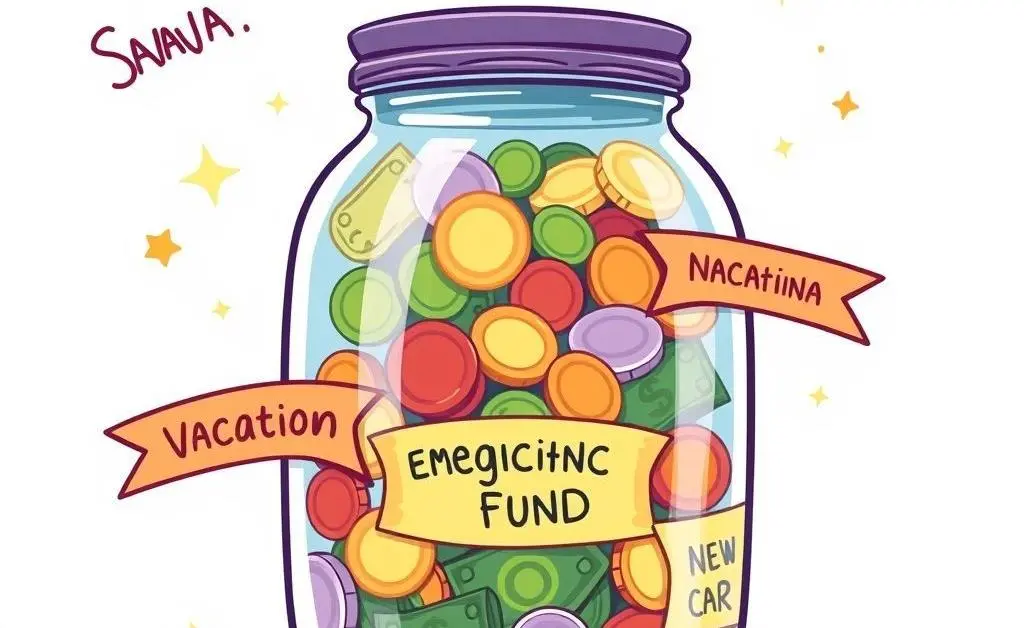Mastering Financial Planning: A Friendly Guide to Budget-Friendly Living
Explore practical tips for financial planning and budget-friendly living with this engaging guide.

Ever wondered why some people seem to have their finances effortlessly together while others are perpetually worried about making ends meet? It’s probably because they’ve mastered the art of financial planning. This might sound daunting at first, but don’t worry—once you start thinking about your budget and planning for your future, it becomes as natural as your morning coffee. Here’s a guide to get you started!
An Introduction to Financial Planning
Let’s kick off with the basics: What exactly is financial planning? In a nutshell, it’s the process of managing your finances to achieve personal economic satisfaction. Your plan acts as a comprehensive road map guiding your financial decisions—everything from day-to-day expenses to long-term ambitions like buying a home or retiring comfortably.

Why Does Financial Planning Matter?
Think about it this way: Would you set off on a road trip without a map or GPS? Probably not. Financial planning is that map for your money, helping you navigate through life's uncertainties confidently. Here’s why it’s crucial:
- Better budgeting: By understanding your income and expenses, you can create a realistic budget that meets your lifestyle needs.
- Emergency preparedness: With a solid plan, you can save for unplanned events without stress.
- Future goals: Whether it’s traveling the world or buying your dream house, planning keeps you on track.
Tackling the Basics: Budgeting 101
Let me share a small anecdote. My friend Sarah used to panic every month before payday. Then, she discovered the wonders of budgeting. Now, she’s all about her spreadsheets, tracking every penny and even finding extra cash to splurge once in a while. Her secret? The 50/30/20 rule. Here’s how it breaks down:

- 50% to Needs: Spend half of your income on essentials: housing, utilities, groceries.
- 30% to Wants: Allocate a portion for fun things—dining out, hobbies, entertainment.
- 20% to Savings: Tuck this away for emergencies, investments, or future goals.
Investing: Your Money's Best Friend
Once you’ve got a handle on budgeting, the next step in your financial journey is investing. Investing might sound scary (cue Wolf of Wall Street scenes!), but it’s simply about making your money work for you. Beginners often start with low-risk, straightforward options like index funds or bonds, eventually branching into stocks or other assets.

Setting Up for Success
Feeling overwhelmed yet? Don’t sweat it! Financial literacy is a marathon, not a sprint. Start small, educate yourself with reliable resources, and gradually build your knowledge and confidence. Remember, the key is persistence and patience.
Now that you’ve got the basics, what’s your next move? Do you feel ready to dive into your financial future, or do you have more questions? Feel free to leave your thoughts below; let’s figure it out together.




